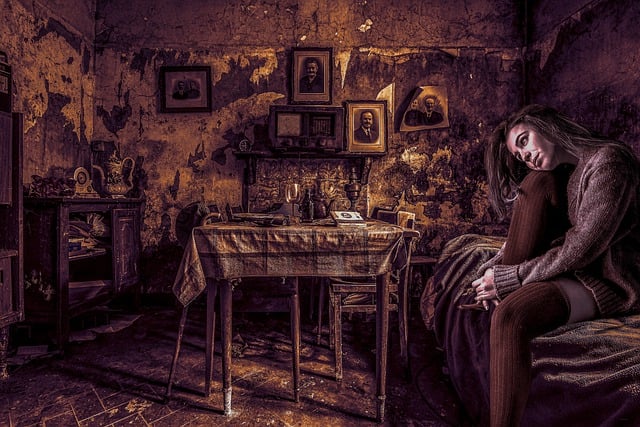Hazing, ranging from harmless traditions to illegal sexual assault, poses significant legal challenges. In Arkansas, victims can seek compensation through specialized hazing abuse law firms leveraging state laws against sexual harassment and assault. Survivors in other states, including Colorado, also have options with these firms addressing complex jurisdictional issues; initial steps involve gathering evidence and consulting legal experts to protect rights and secure fair compensation for hazing-related sexual assault.
In Arkansas, hazing—a disturbing practice with deep legal implications—can lead to sexual assault compensation claims. This article delves into the intricate world of hazing and its legal ramifications within the state. We provide a comprehensive guide for survivors navigating these complex claims, offering a step-by-step approach to seeking justice. Additionally, we explore the crucial role of a specialized hazing abuse law firm in Colorado for out-of-state victims, highlighting their expertise in assisting those affected by this pervasive issue.
Understanding Hazing and Its Legal Implications in Arkansas
Hazing, often associated with youth organizations and college fraternities, refers to a range of activities designed to initiate or welcome new members. While some hazing rituals are harmless and even celebrated as part of group bonding, others can escalate into harmful or illegal behavior, especially when it comes to sexual assault. In Arkansas, hazing incidents have led to significant legal implications, with victims seeking compensation for their traumatic experiences.
A hazing abuse law firm in Colorado, or any other jurisdiction, would highlight that these incidents often fall under various state laws prohibiting sexual harassment and assault. The specific legal frameworks in Arkansas address the unique challenges posed by hazing scenarios, particularly when power dynamics are imbalanced within social groups. Understanding these legal implications is crucial for both victims seeking justice and organizations aiming to prevent such incidents from occurring.
Navigating Sexual Assault Compensation Claims: A Step-by-Step Guide
Navigating a sexual assault compensation claim can be an overwhelming process, especially for survivors who are still healing. In Arkansas, hazing abuse is taken seriously, and victims have legal rights to seek justice and support. The first step is to connect with a specialized law firm experienced in handling such cases. A hazing abuse law firm in Colorado or anywhere else offers valuable expertise and ensures your case is handled with sensitivity and proficiency.
After consulting legal professionals, the survivor can initiate the claim by gathering essential evidence, including medical records, police reports, and witness statements. It’s crucial to document every detail related to the incident. Next, they should file a claim with the appropriate authorities or insurance companies, depending on the circumstances. A dedicated law firm can guide survivors through these steps, ensuring their rights are protected and that they receive fair compensation for the harm caused by hazing-related sexual assault.
The Role of a Hazing Abuse Law Firm in Colorado for Out-of-State Victims
For victims of sexual assault who experienced hazing-related incidents while attending educational institutions in Arkansas, seeking justice and compensation can be a daunting task. Many survivors may feel overwhelmed by the legal complexities and emotional weight of pressing charges. Here is where a specialized hazing abuse law firm Colorado comes into play. These firms offer crucial support to out-of-state victims who have endured such traumas.
A hazing abuse law firm Colorado is equipped to navigate the unique challenges faced by survivors outside Arkansas. They understand that hazing incidents often involve complex web of laws and jurisdiction, especially when involving colleges or organizations with campuses across states. Such firms provide expertise in researching and understanding these legal nuances, ensuring victims receive the utmost protection and compensation they are entitled to under the law.






